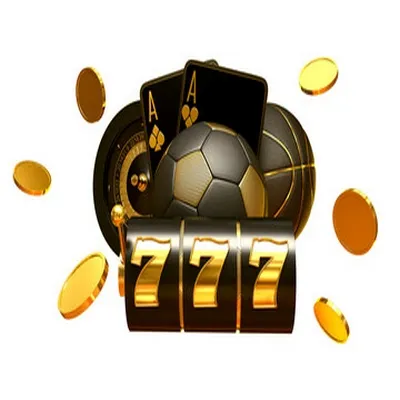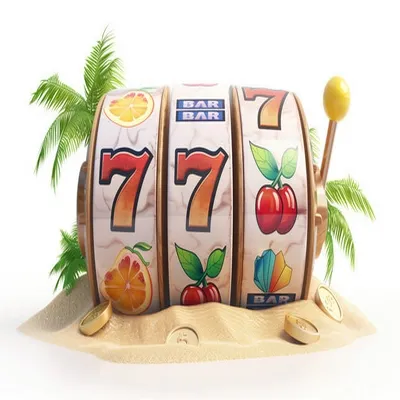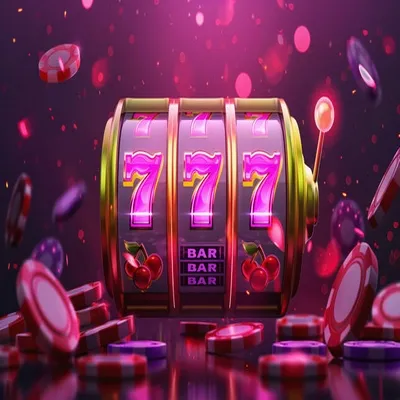faculdades rio de janeiro particulares
$36846
faculdades rio de janeiro particularesBetting on historical head-to-head matches in major tournaments is a strategy based on analyzing decisive or important matches in history between teams. Some famous matches often give teams great motivation to win, such as the final matches in major tournaments such as the World Cup, Euro, or national championships. Players need to analyze the correlation between historical matches and participating teams to predict the results. Keywords such as "decisive match betting", "historical head-to-head betting", or "legendary match betting" will be highlighted in the strategy.
Continuing with betting strategies, "betting on matches with a tight schedule" is a strategy that helps players identify opportunities when teams have to compete continuously in a short period of time. This can greatly affect the form and fitness of the teams, thereby creating bets that can be misjudged by bookmakers. In particular, when teams have to compete in a tight schedule, factors such as fatigue, injuries, and tactical changes can occur, providing opportunities for players to analyze and bet reasonably. Keywords such as "betting on a tight schedule", "betting on team fatigue", or "betting on a continuous schedule" will help players find these matches.
Product description
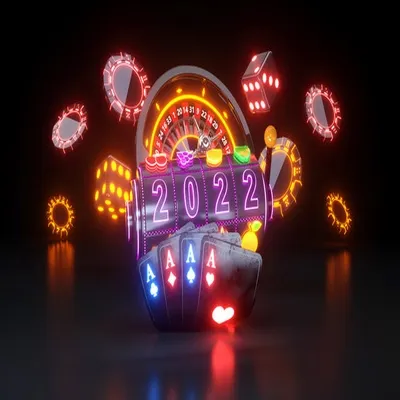
faculdades rio de janeiro particularesLive betting allows players to bet during the match as the odds continuously change as the match progresses.
The above betting platforms all have special features that help players maximize their chances of winning. However, players need to have patience and a reasonable strategy to participate effectively. Carefully researching the odds, following the matches and participating in promotions will help you optimize your chances of winning in each bet.
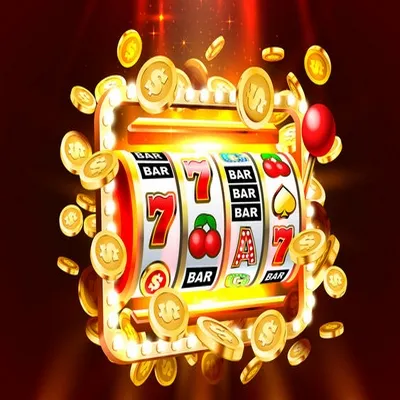
12. Take advantage of offers and promotions: Many bookmakers offer attractive incentives to players, such as free bets, first deposit bonuses, or partial cashback. These promotions can give you extra capital to experiment with bets without having to worry about losing money.
Many believe that baccarat originated in Italy around the 15th century, developed by an Italian card player named Felix Falguiere. The game was originally played with a deck of 40 cards, and the goal of the game was to get a total score as close to 9 as possible. However, according to some studies, early baccarat players would not use regular cards, but instead used number cards from 1 to 9. The game was called “baccarat,” which means “0” in Italian, since all cards with a value of 10 or higher were counted as 0 points.



